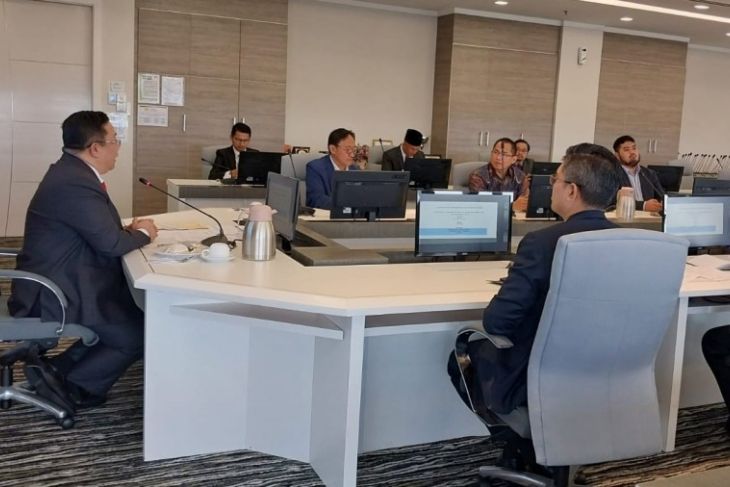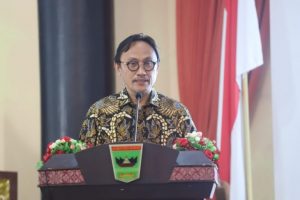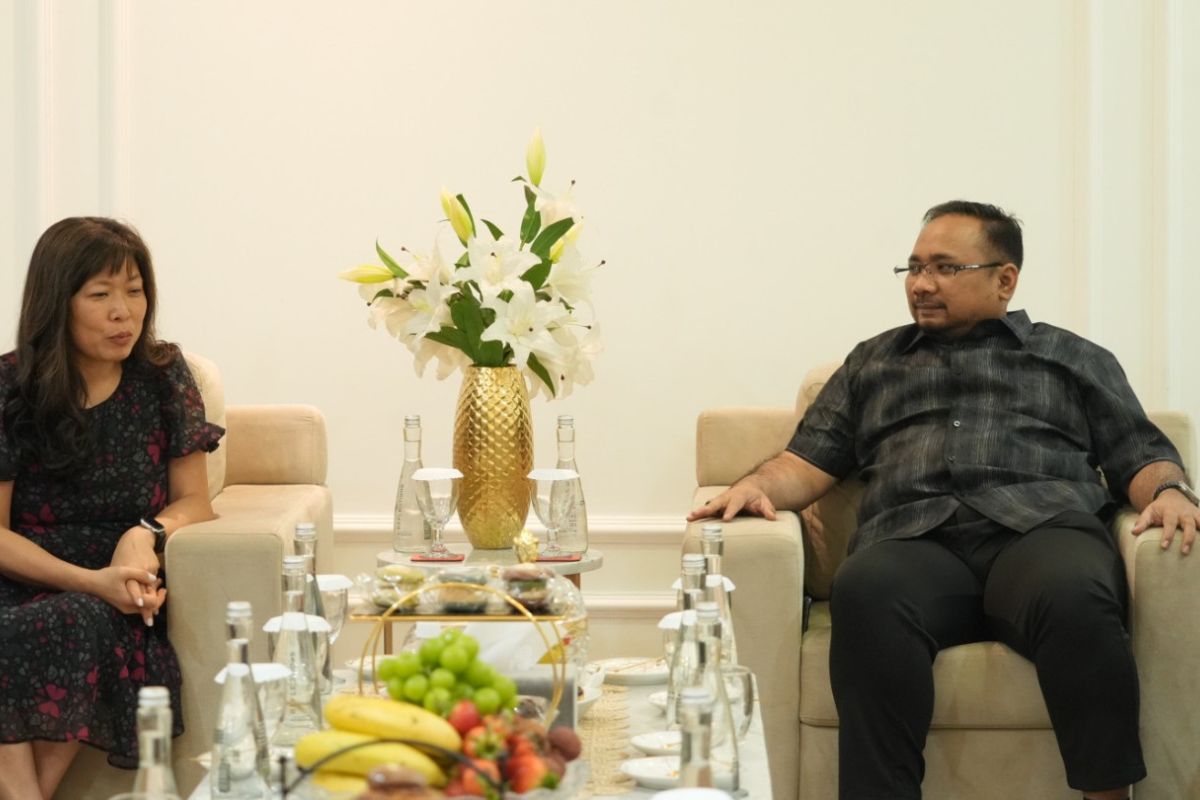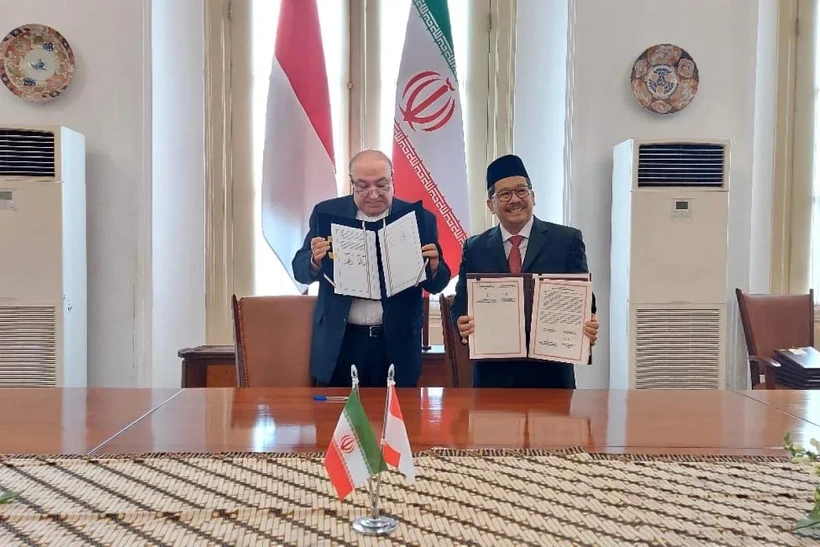
Jakarta (ANTARA) – Indonesia’s Halal Product Assurance Agency (BPJPH) and Malaysia’s Department of Islamic Development (JAKIM) are exploring cooperation in strengthening halal product assurance to bolster the halal product ecosystem.
“We are currently finalizing the cooperation agreement between BPJPH and JAKIM,” BPJPH head Aqil Irham informed here on Tuesday.
According to Irham, establishing cooperation with Malaysia is vital for strengthening the halal ecosystem in the ASEAN region and globally.
The cooperation agreement between Indonesia and Malaysia for guaranteeing halal products is meant as an answer to the technical barriers to trade (TBT) issues, which are often a bone of contention at the World Trade Organization’s (WTO’s) TBT sessions.
The TBT agreement is one of the WTO agreements produced in the Uruguay Round to regulate the use of non-tariff measures (NTMs) in international trade.
The TBT agreement outlines the use of standards and technical rules that cover the requirements of packaging, marks, and labels as well as appropriate test procedures to prevent obstacles in international trade.
“There are still two more matters being discussed by JAKIM. Meanwhile, at Indonesia’s side, all matters in this cooperation have been discussed by cross-ministries/institutions,” Irham said.
During the meeting with JAKIM, he also shared information about Indonesia’s scheme for halal certification through self-declaration. He also welcomed Malaysia’s intention to learn about Indonesia’s self-declaration scheme and obtain a halal certificate.
According to Irham, self-declaration marks the new era of halal certification in Indonesia.
In addition to discussing the cooperation agreement with JAKIM, Irham was scheduled to attend the “Malaysia-Indonesia Halal Forum and Industry Engagement 2023” on January 17.
“Insya Allah (God willing), I will join the Malaysia-Indonesia Halal Forum to convey the halal product assurance policy in Indonesia,” he said.
Earlier, Irham informed that there are three parties involved in the process of halal certification of products submitted by business actors. The three parties are BPJPH, the Halal Audit Agency (LPH), and the Indonesian Ulema Council (MUI).
BPJPH is the institution that sets the regulations and issues the halal certificate, while LPH conducts the testing, and MUI determines a product’s halalness through a fatwa (Islamic law legal ruling) trial.



